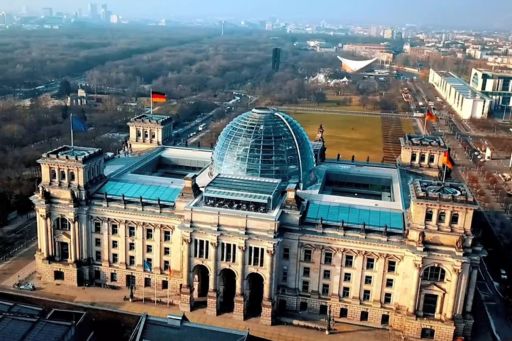In our experience, the smart city encompasses the following 12 dimensions of a city: administration, construction & housing, environment, education, society, agriculture, healthcare, security & prevention, transport & mobility, energy & systems, IT infrastructure, and business & industry .
The potential of digitization can be used for smart city concepts. The focus is on the networking of the energy and mobility infrastructure, but also on the general datafication of processes.
An important task is therefore assigned to public companies, the state administration and other actors. The majority of the German population lives in cities – these are therefore incubators of innovations and centers of economic activity. In particular, the integration of digital technologies through sensors holds many opportunities for intelligent urban development. Ecological aspects must also be taken into account.
Smart cities require a tailor-made mobility concept
Now it's time to break open spaces to make room for innovative solutions towards environmentally conscious and efficient urban mobility. An integral part of a smart city is a mobility concept tailored to the specific requirements, which is characterized by networked and diversified means of transport and forms the basis of smart mobility.
So how do mobility concepts fit into the cityscape of tomorrow? We are facing a radical change in mobility behavior. Customer needs change. Municipalities and public companies play a leading role in the development of intelligent mobility concepts. Digital services are - especially for public transport - an important factor for a successful expansion of the offers.
KPMG can support you in using the potential of the intelligent city and developing individualized concepts for smart mobility.
More about the Focus "Smart City"
Further Information (in German only)
Blog articles (in German only)
Your contacts
Stay up to date with what matters to you
Gain access to personalized content based on your interests by signing up today
Dr. Steffen Wagner
Partner, Deal Advisory, Head of Transport & Leisure, Head of Infrastructure
KPMG AG Wirtschaftsprüfungsgesellschaft
Ulrich Balke
Director, Markets
KPMG AG Wirtschaftsprüfungsgesellschaft
Connect with us
- Find office locations kpmg.findOfficeLocations
- kpmg.emailUs
- Social media @ KPMG kpmg.socialMedia












